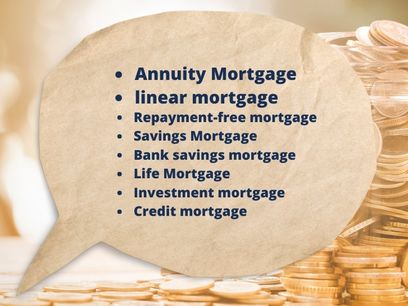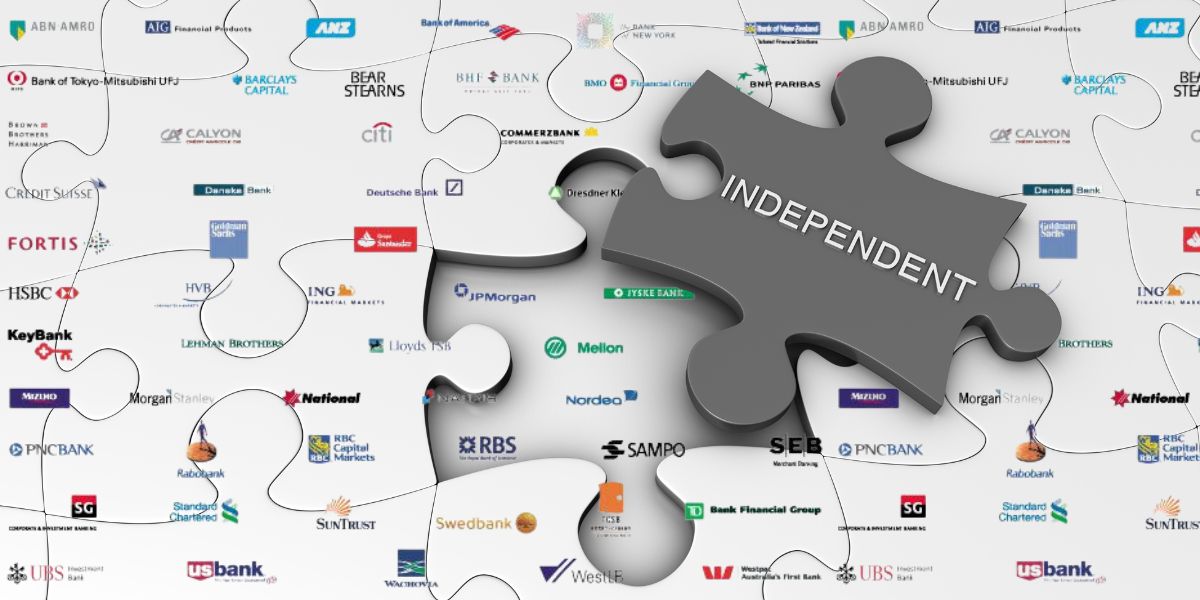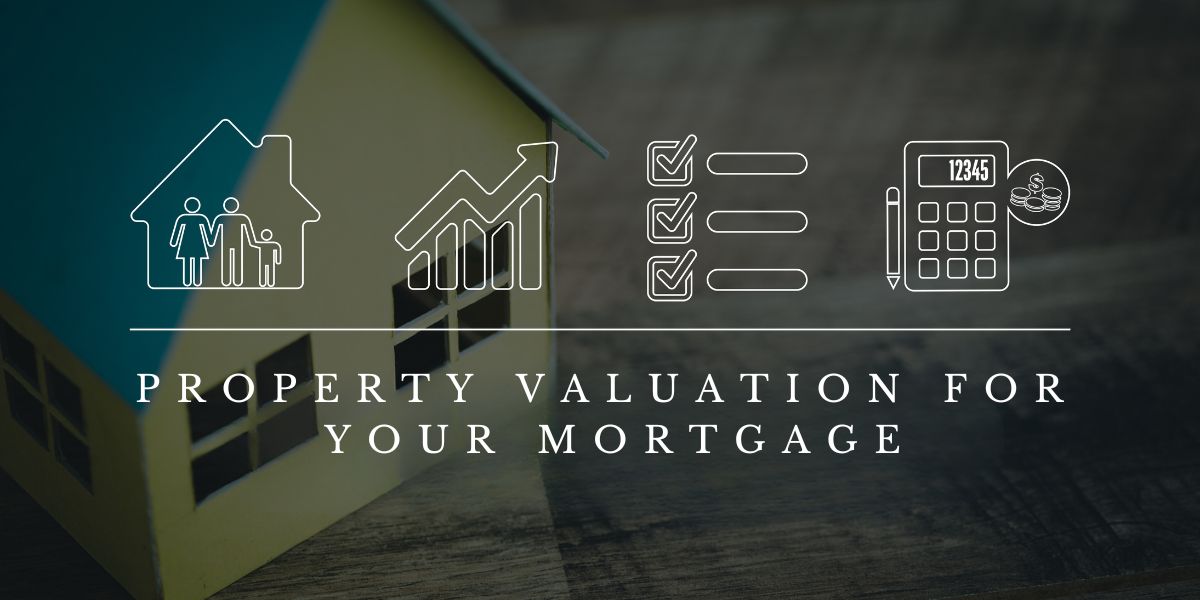
They can calculate your maximum mortgage, as well as determine a mortgage that suits your preference for lower monthly payments by opting for a lower loan amount, allowing you to have more money for other expenses.
Mortgages for Expats with EU Nationality
If you hold the nationality of a European Union member state or Iceland, Norway, Liechtenstein, or Switzerland, you are not required to provide a permanent residence permit when applying for a mortgage. Expats with income from employment can apply for a Robuust mortgage under regular conditions. You can borrow up to 100% of the market value of your property, and even 106% if you wish to make sustainable improvements to your home.
Mortgages for Expats with Non-EU Nationality
If you have a nationality other than those mentioned above or hold a temporary residence permit, you will need to provide a residence document issued by the Immigration and Naturalization Service or a sticker in your passport indicating:
- A permanent residence permit in the Netherlands
- An EU residence permit for long-term residents
- A document indicating “Sustainable residence in the Union”
- A residence permit in the Netherlands for a non-temporary purpose as defined in Article 3.5 of the Foreigners Regulation
Calculating Your Mortgage
Calculating your mortgage is crucial when buying a house as an expat. It allows you to determine your eligibility before entering the housing market. While online tools are available, it’s recommended to schedule an appointment with a mortgage lender or advisor for accurate calculations.
They can assess your maximum mortgage and find an option that suits your preference for lower monthly payments by considering a lower loan amount. This flexibility allows you to have more funds available for other expenses.
Maximum Mortgage and Considerations
Before committing to the highest possible mortgage amount, it’s important to evaluate your financial situation. Opting for the maximum mortgage may result in higher monthly payments than a lower loan amount. Unforeseen events affecting your income could make it challenging to afford the monthly payments, potentially leading to financial difficulties.
Determining the Mortgage Amount
In 2023, the maximum mortgage amount can be up to 100% of the property’s value. However, additional costs such as closing costs need to be paid separately. Choosing a mortgage with NHG (National Mortgage Guarantee) allows borrowing up to €405,000 in 2023. With energy-saving measures, this amount increases to €429,300. It’s crucial to consider these costs alongside your mortgage calculations.
Mortgage Interest Rates: Variable Rate and Fixed Rate
Once you have calculated the mortgage you can obtain, it’s important to consider your mortgage interest rates. Every month as you repay your mortgage, you also pay mortgage interest. Mortgage interest rates come in two forms: variable rate and fixed rate.
After calculating your mortgage interest rates, it’s helpful to determine in advance whether you want to opt for a fixed rate or a variable rate, as both options have advantages and disadvantages.
Fixed Rate: With a fixed-rate mortgage, you lock in a specific interest rate for a certain period, such as 5, 10, or 20 years. The longer the fixed-rate period, the higher the interest rate tends to be.
> Check out potential tax benefits with our Mortgage Interest Deduction.
The Advantages and Disadvantages of Variable Rate and Fixed Rate
| Advantages of Fixed Rate | The disadvantage of Fixed Rate |
|---|---|
| No need to monitor interest rate changes (it remains fixed) | Risk of paying higher interest if market rates decrease |
| Market rate fluctuations don’t affect monthly payments | |
| Certainty about monthly payments |
Variable Rate: With a variable-rate mortgage, your monthly payments fluctuate with the current market interest rates. In this case, your monthly payments are influenced by monthly changes in the market interest rate.
| Advantages of Variable Rate | The disadvantage of Variable Rate |
|---|---|
| Opportunity to fix the interest rate at any time | Uncertainty about monthly payments |
| Interest rate is usually lower compared to fixed-rate mortgages | Need to monitor market interest rate fluctuations |
| When the market interest rate decreases, your monthly payments decrease as well | When the market interest rate increases, your monthly payments increase as well |
Annuity or Linear Mortgage?
After calculating your mortgage, you must decide between an annuity mortgage and a linear one. Consider the balance between principal and interest when assessing monthly payments:
Annuity Mortgage
An annuity mortgage involves monthly payments that initially consist mainly of interest, with the principal repayment amount increasing over time. The advantage of an annuity mortgage is that it provides higher mortgage interest deductions in the beginning, resulting in more disposable income during the early stages of the mortgage. However, it’s important to note that initial monthly payments may be higher.
Linear Mortgage
A linear mortgage has different calculations for monthly payments. You pay a fixed amount toward principal repayment, and the mortgage interest is based on the remaining mortgage balance. With a linear mortgage, you ultimately pay less overall, as the principal is repaid faster, leading to lower mortgage interest payments.
Different types of mortgages
Dependent and independent mortgage advisors
Property valuation for a mortgage
💡 Need help with finding a mortgage advisor?
We provide you with free help and advice for the best mortgage advisors.



